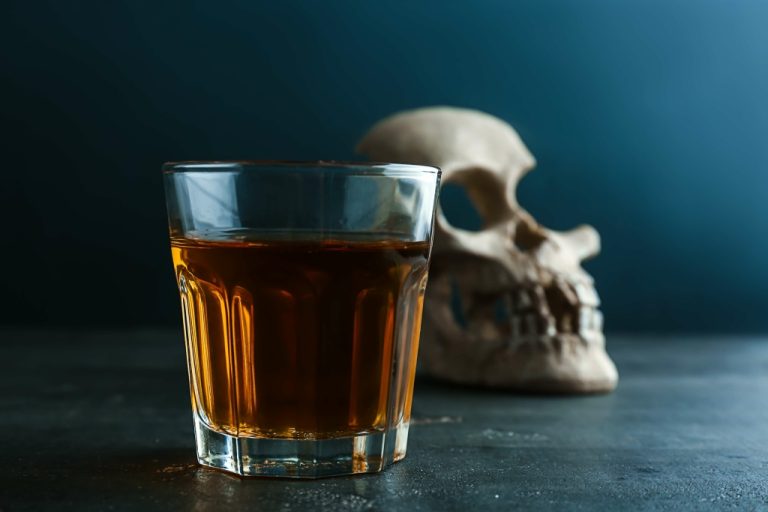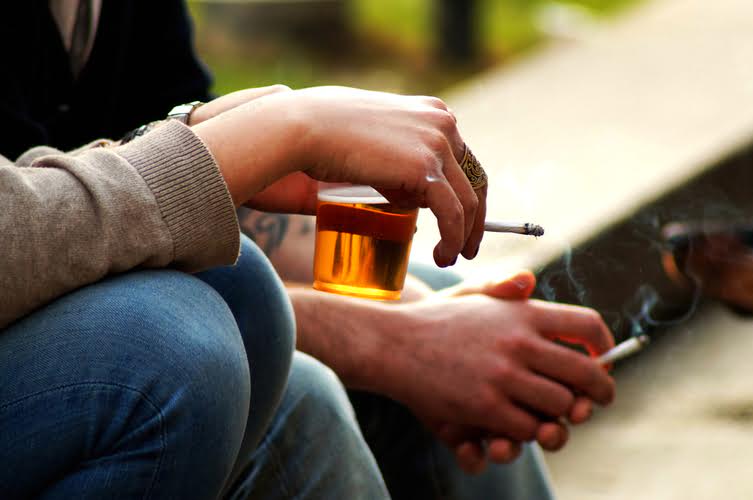In this first stage, people often tell themselves that they’re just going to try it once to see what it feels like, especially if it’s a widely used drug like marijuana. The addiction cycle begins from the very first time a person uses a drug. We understand that there are no shortcuts on the path to recovery, and our compassionate team offers unwavering support and intensive care throughout your healing journey.
Dependence occurs when the body and mind adapt to a substance, resulting in tolerance and withdrawal symptoms when use is reduced or stopped. At Still Detox Alcohol & Drug Rehab, we are committed to educating the public about addiction’s stages and providing compassionate, evidence-based treatment to support recovery. This could be anything from stress, emotional pain, or environmental factors to social pressures. For example, an individual what is alcoholism might use drugs or alcohol to cope with stress, anxiety, or depression.
Recognizing the Signs Across Phases
Recognizing and comprehending these stages is essential for addicts, their loved ones, and healthcare professionals striving to provide effective support and intervention. Substance abuse represents a critical turning point where drug use becomes harmful, significantly disrupting daily life and priorities. Tolerance begins to emerge, requiring higher doses to achieve the same effects, which can lead to increased financial strain or health risks. For instance, someone regularly using prescription sedatives may need more pills to feel calm, potentially leading to risky behaviors like borrowing medication. Addiction is a progressive, chronic condition that unfolds through distinct phases of drug addiction cycle, impacting millions across the U.S.
Importance of Prevention and Early Intervention

With strong substances like fentanyl and heroin, a person can begin to feel addicted from the very first use. If you or someone you care about is seeking support for substance abuse and addiction challenges, we are here to offer our assistance. https://demo.olisra.com/2024/07/24/whats-the-deal-with-wine-sneezes-wine-spirits-wine/ In 2023, approximately 29.5 million U.S. adults had a substance use disorder, with many in this phase unaware of their escalating misuse. Physical symptoms, such as weight loss, fatigue, or frequent illnesses, and psychological effects, like irritability, paranoia, or anxiety, become more pronounced.
List of Addictions (Substance and Behavioral)
- It is a top-notch facility all around and I highly recommend it.
- Withdrawals from different categories of drugs produce various side effects and require separate approaches.
- As addiction progresses, individuals may find themselves trapped in a cycle of compulsive drug-seeking and use.
- In this first stage, people often tell themselves that they’re just going to try it once to see what it feels like, especially if it’s a widely used drug like marijuana.
Copyright © 2025, AddictionHelp.com The information provided by AddictionHelp.com is not a substitute for professional medical advice. View our editorial content guidelines to learn how we create helpful content with integrity and compassion.
- Substance abuse treatment can begin no matter what stage of addiction you’re currently experiencing.
- For individuals in the first two stages of initial use and abuse, outpatient treatment and behavioral health counseling may be all that’s needed to get back on track.
This means that over time, users need to consume higher amounts of the drug to feel its effects, further reinforcing the cycle of addiction. The more the brain adapts, the more drugs are needed, leading to even more profound changes in brain chemistry. Over time, the brain begins to rely on the substance to produce dopamine, making it difficult to experience pleasure from natural sources, such as eating, socializing, or exercising. This reliance on a drug for dopamine rewards is one of the key drivers in the cycle of addiction. In the U.S., only 10–15% of individuals with choose the correct cycle of addiction substance use disorders receive treatment annually, highlighting the urgent need for accessible care.
Open discussions on addiction, especially with children, can teach the realities of substance use. When people know more about it, they can make informed decisions about their use. You can become dependent on the substance to function without discomfort or unhappiness3, especially as your brain learns to make less dopamine and simply wait for more to come from the substance. Relapse is defined to have occurred regardless of whether the addict attempted to stop the drug themselves before seeking treatment or enrolling in a treatment center.
Addiction is a complex and chronic disease that affects the brain and behavior, often leading to destructive outcomes. While many see addiction as simply the inability to stop using substances, the reality is far more intricate. The cycle of addiction involves brain chemistry, tolerance, withdrawal, and the body’s changing response to substances over time. Understanding these factors can help shed light on why breaking free from the cycle of addiction is so difficult and what happens biologically when someone becomes addicted.
D. drug use, withdrawal tolerance, addiction dependence
As this cycle repeats, the likelihood of addiction grows until it’s realized. Thankfully, treatment works at each stage, whether you’ve just started or have been in active addiction for years. Beginning her career as a freelance writer, Grace graduated summa cum laude from Arizona State University with a B.A. She wrote across various topics and found mental health and recovery to be the best fit. The addiction cycle describes the process every addict experiences, from initial use and abuse to addiction and relapse. The addiction cycle typically follows five distinct stages, from initial use to eventual dependency.
Freedom Starts Here. Take Back Your Life Today.

Your body starts using the substance to meet a sense of homeostasis, and if you stop taking it, you’ll likely feel sick. In particular, opioids can make you feel highly unwell if you stop taking them4 without a professional detox. Alcohol withdrawals5 can lead to tremors, hallucinations, and seizures. Substance abuse treatment can begin no matter what stage of addiction you’re currently experiencing. However, the sooner treatment begins, the less intensive the treatment will need to be, and the less harm will be done to your health and relationships.
Breaking the Cycle of Addiction

As addiction progresses, individuals may find themselves trapped in a cycle of compulsive drug-seeking and use. Repeated substance use doesn’t just affect neurotransmitters temporarily; it alters the brain’s overall chemistry and structure. These changes are particularly noticeable in areas involved in decision-making, impulse control, and judgment, such as the prefrontal cortex. Neurological changes in the brain’s reward, motivation, and decision-making systems perpetuate the cycle, making voluntary cessation nearly impossible without intervention.
No comment yet, add your voice below!